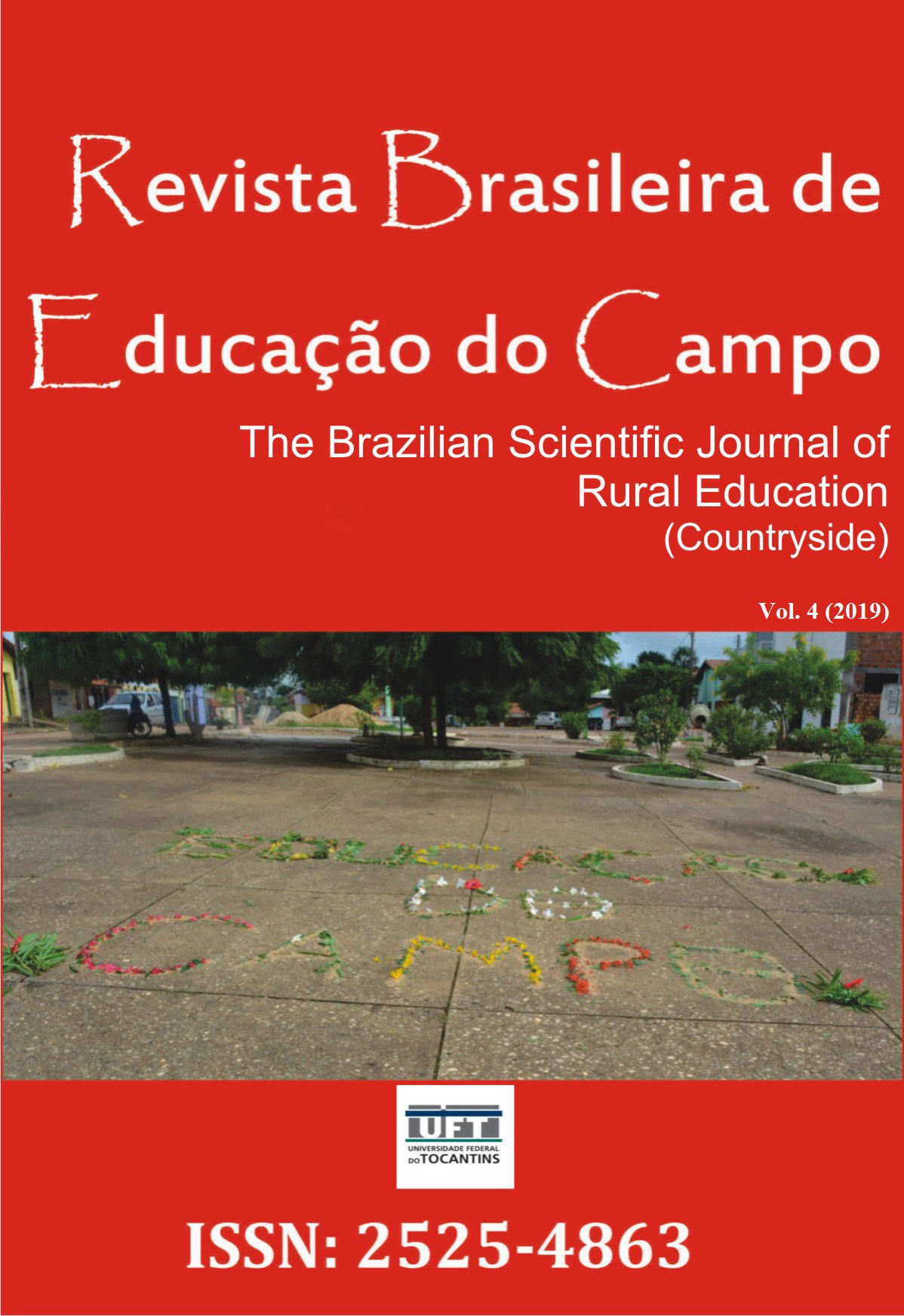La apropiación de la educación virtual por parte de los colectivos sociales: las nuevas relaciones entre la tecnología, el conocimiento, y lo social
DOI:
https://doi.org/10.20873/uft.rbec.v4e6908Resumen
A apropriação da educação virtual por parte dos coletivos sociais: as novas relações entre a tecnologia, o conhecimento e o social
RESUMO. As novas "crises educacionais" não têm apenas como ponto de partida os debates em filosofia e psicologia (conhecimento), política, poder e pedagogia (aprendizagem), ou dentro das ciências sociais e tecnológicas. (tecnologia e sociedade), mas surgem das profundas mudanças nas formas de interação entre os seres humanos em certos espaços sociais complexos e multifacetados. É cada vez mais evidente que os desafios educacionais do futuro não são ditados pelas instituições educacionais, mas por diversos grupos sociais e como eles se apropriam de seus próprios conceitos, formas e objetivos educacionais. O que aprender, como fazer e por que fazer são perguntas que surgem agora dos grupos sociais em transformação e não dos estados que as governam. Assim, a educação virtual é a modalidade educacional com maiores possibilidades de se tornar o modelo que melhor responde às necessidades desses grupos. Este artigo pretende sugerir quais são os pontos de encontro entre o modelo educacional virtual e a forma de interação utilizada pelos novos grupos que motivarão o panorama educacional do futuro.
Palavras-chave: Congresso, Pedagogia, Coletivo Social, Educação Virtual.
La apropiación de la educación virtual por parte de los colectivos sociales: las nuevas relaciones entre la tecnología, el conocimiento, y lo social
RESUMEN. Las nuevas “crisis educativas” no solo tienen como punto de partida los debates a lo interno de la filosofía y la psicología (conocimiento), la política, el poder y la pedagogía (aprendizaje), o a lo interno de las ciencias sociales y la tecnología (tecnología y sociedad), sino que surgen de los profundos cambios en las formas de interacción entre los seres humanos en determinados espacios sociales multifacéticos y complejos. Es cada vez más evidente que los retos educativos del futuro no son dictados por las instituciones educativas, sino por los colectivos sociales diversos y cómo ellos se apropian de sus propios conceptos, formas y objetivos educativos. Qué aprender, cómo hacerlo y para qué hacerlo son preguntas que surgen ahora de los grupos sociales en transformación y no desde los estados que los gobiernan. Así las cosas, es la educación virtual la modalidad educativa con mayores posibilidades de llegar a ser el modelo que mejor responde a las necesidades de dichos colectivos. Este trabajo pretende sugerir cuáles son los puntos de encuentro entre el modelo educativo virtual y la forma de interacción utilizada por los nuevos colectivos que motivará el panorama educativo del futuro.
Palabras clave: Congreso, Pedagogía, Colectivo Social, Educación Virtual.
The appropriation of virtual education by social collectives: the new relations between technology, knowledge and social
ABSTRACT. The so-called “educational crises” do not only surge from the internal debates in philosophy and psychology (knowledge), politics, power and pedagogy (learning), or inside the social sciences and the advance of technology (technology and society), but also these crises originate from the deep changes in the ways in which human beings interact within determined complex and multifaceted social spaces. It has become evident that future educational challenges are not defined by educational institutions, but by diverse social groups, and by how they dictate their own concepts, forms and educational objectives. What to learn, how to do it and why do it are all questions that find their answers within the social groups that have themselves been adapting, and not from the governmental institutions. Therefore, virtual education has big possibilities of becoming the modality that could best fit the needs of these groups. This work points to the intersection between virtual education and the way in which social groups interact and that will modify the educational scenes of the future.
Keywords: Conference, Pedagogy, Online Education, Social Collectives.
Descargas
Publicado
Cómo citar
Número
Sección
Licencia
Proposal for Copyright Notice Creative Commons
1. Policy Proposal to Open Access Journals
Authors who publish with this journal agree to the following terms:
A. Authors retain copyright and grant the journal right of first publication with the work simultaneously licensed under the Creative Commons Attribution License that allows sharing the work with recognition of its initial publication in this journal.
B. Authors are able to take on additional contracts separately, non-exclusive distribution of the version of the paper published in this journal (ex .: publish in institutional repository or as a book), with an acknowledgment of its initial publication in this journal.
C. Authors are permitted and encouraged to post their work online (eg .: in institutional repositories or on their website) at any point before or during the editorial process, as it can lead to productive exchanges, as well as increase the impact and the citation of published work (See the Effect of Open Access).














